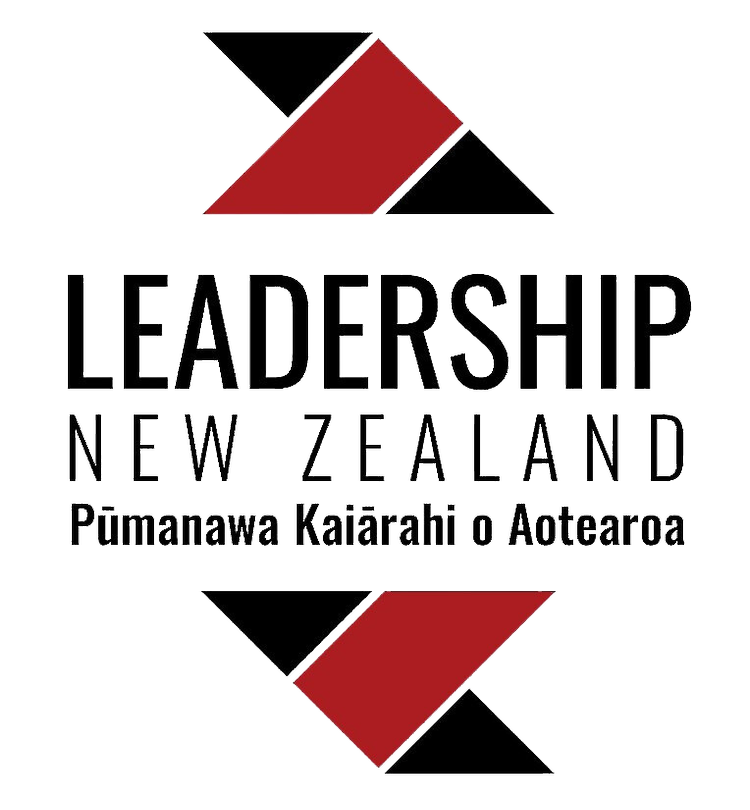Written by Desmond Tupangaia, Ministry of Foreign Affairs and Trade
The course continues to dive deep into indigenous knowledge and understanding and how that translates into leading, and leading with authenticity within a Western framework. The entirety of this leadership development programme has started to probe deeper than any other training I have attended into the differences between modern Western leadership and indigenous Māori and Pacific leadership, and the increasing relevance of Māori and Pacific models of leadership.
I found that doing ‘my hala’ was a brave, confronting, and challenging concept to undertake amongst those closest to you, as you expose your vulnerability and your whole self. To do ‘my hala’ within the workplace must surely be infinitely more terrifying, but also so much more empowering and ultimately strengthening—both with and within your team, and your organisation, as you build a connection much deeper than the work that brings you together.
Through ‘my hala’, you build relationships, you reveal your values and drivers, and you demonstrate that you are more than a manager, or a contact, or a colleague. You reveal you are human, a father, a partner, and vulnerable. All of this allows you to build a connection, a level of respect and a sense of trust which feels familial, not transactional. Such that, when the pressure comes, your team will have you and you will have your team to collectively navigate the challenges in front of you.
Enneagrams provide a useful contrast between Western and Indigenous concepts of leadership. The enneagram seeks to understand people and their tendencies, and by understanding this how we can better engage; how we can accentuate tendencies productively; and minimise weaknesses. This part of leadership focuses on the individual, either themselves or understanding the person they are engaging with, and how to maximise the outcome of the engagement. An indigenous contrast would be to consider the relationship and the nature and strength of the connection first and if that connection was strong enough to absorb the outcome that was being sought, and if the connection was not strong enough, working out how to strengthen the connection further before trying to seek the desired outcome.
Through Tū Mau Mana Moana, my kete continues to be filled with indigenous knowledge and understanding, which will allow me to continuously evaluate how my approach recognises and considers both the impact of the things I influence in relation to my work, and the common values that underpin Te Moana Nui a Kiwa—connecting Māori and Pacifica, so that outcomes are sustainable and enduring.
Desmond wrote this following Vā Hala, the fourth retreat of seven in Tū Mau Mana Moana.
Tū means to stand, arise, be, to be upright in 48 of our languages – it is Austronesian in origin and one of our most ancient source languages. At its zenith, Tū or Kū is the archetype of humanity - of the god of war, of the realm of humankind.
Mau is in 47 of our languages and is linguistically categorised as Polynesian in origin. It refers to seeking, finding, persisting, holding on to, firmly and tightly. Mau is a well-known movement of liberation and a calling cry to reclaim power.
Together, these words create Tū Mau – to stand and hold, to be firm and seek. The approach and orientation of this programme is designed specifically for Pacific peoples seeking to lead in the public sector.
Find out more about Tū Mau Mana Moana here.
